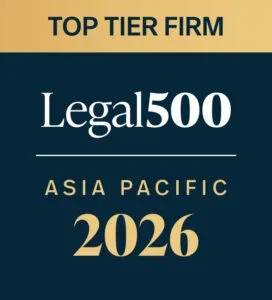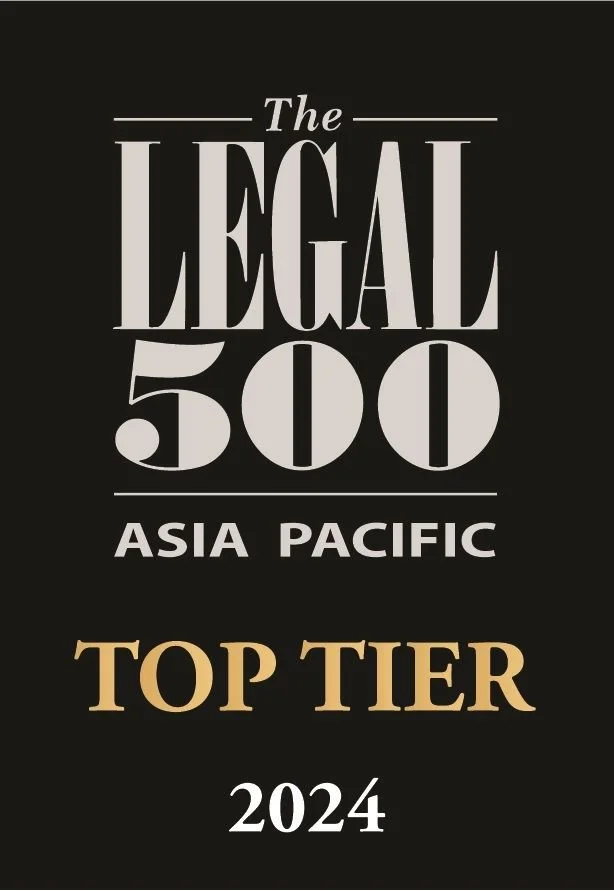Multi-disciplinary firms: the scope of legal professional privilege
/Commissioner of Taxation v PricewaterhouseCoopers [2022] FCA 278
In late March 2022, after a five-day virtual hearing conducted using Microsoft Teams, the Federal Court of Australia delivered a highly anticipated judgment in a long-running privilege dispute between the Commissioner of Taxation (the Commissioner) and PricewaterhouseCoopers Australia (PwC) and its clients, Flora Green Pty Limited, and JBS Australia Pty Limited, finding that only some of the documents for which PwC claimed legal professional privilege (privilege) were accurately withheld.
Background
In February 2019, the Commissioner audited PwC’s client, Flora Green, and issued statutory notices to the acting lead PwC tax partner under s 353-10 of Sch 1 to the Taxation Administration Act 1953 (Cth) demanding production of certain Flora Green documents. PwC, on behalf of Flora Green, refused to provide 44,000 documents on the basis that its client was entitled to assert privilege. After reviewing the broad descriptions of those 44,000 documents, the Commissioner disputed the privilege claims over approximately 15,500 documents and sought declarations from the Court that privilege did not apply.
This proceeding was concerned with the advice limb of the common law doctrine of privilege. That limb protects from disclosure confidential communications between a lawyer and client made for the dominant purpose of giving or obtaining legal advice, or the provision of legal services.
Given the 15,500 privilege claims (and documents) in dispute, the parties and the Court agreed that it was not practical to review each document on its own merits. The parties and Court agreed that the Court would consider a sample of 116 documents as a separate question hearing so that the Court could provide the parties with principled directions which could then hopefully be applied by consent to the 15,500 documents. The Court appointed three independent barristers to review the 116 document sample – preserving privilege from disclosure to the Commissioner pending the Court’s determination.
Federal Court decision
The Commissioner challenged Flora Green’s privilege claims on the three grounds and argued that:
the form of PwC’s relevant engagements (“Statements of Work”) by which the firm purported to provide legal services to its clients, did not establish a lawyer-client relationship sufficient to support a claim for privilege;
the substance of the services provided by PwC were not provided pursuant to a lawyer-client relationship sufficient to support a claim for privilege; and
alternatively, the documents in dispute were not, or did not record, communications made for the dominant purpose of giving or obtaining legal advice from one or more lawyers of PwC.
The Commission focussed on PwC’s multi-disciplinary partnership, which was comprised of accountants, auditors, tax agents, and other non-legal practitioners, as well as legal practitioners.
The Commissioner was concerned that PwC was asserting privilege in an unprincipled and cloak-like fashion without undertaking a document-by-document review. The Commissioner used an interesting “Glad Wrap” analogy to highlight its concerns:
“The Glad Wrap that goes over the platter is [the lawyer]. And it’s attractive to the client because the Glad Wrap holds it all together and comes with the [LPP] covering… In the meantime, the covering cannot be taken off… [I do] not get an opportunity to see the platter, it’s opaque, and the range of smorgasbord of offerings.”
The Court dismissed the Commissioner’s first two grounds of challenge on the basis that it was not possible to take such a broad-brush approach and simply conclude that no real lawyer-client relationship had come into existence because the advice came from a multi-disciplinary firm with lawyers and non-lawyer tax experts, both in Australian and overseas.
Instead, the Court held that it was: (a) necessary to take a context-focussed approach which meant reviewing each and every document to assess whether privilege was properly claimed; and (b) to do so required the Court to employ the traditional “dominant purpose” test and consider whether each of the communications in question were created for the dominant purpose of giving or obtaining legal advice.
Where the Court reviewed a communication and concluded it was not privileged, it was usually because it considered the communication was clearly multi-purposed, for example, where a non-lawyer at an overseas PwC firm was providing advice to an Australian lawyer to help them understand a foreign tax issue to provide Australian legal advice. In such a case, the Court would conclude that the dominant purpose of the communication was giving advice by a non-lawyer.
The Court noted that even where a non-lawyer was working with a significantly less experienced lawyer, this did not establish that the lawyer’s role or involvement was not substantive.
Interestingly, the Court also commented that it is not uncommon for law clerks who are not yet admitted as lawyers to prepare draft advice before it is reviewed and finalised by a supervising lawyer. In such a case, the role of the lawyer is substantive: “the lawyer is not merely a conduit through which advice is provided by the law graduate to the client” and privilege may arise.
Comment (Tom Pasley)
Whether privilege applies to communications made by a multi-disciplinary firm, which includes advice from both non-lawyers and lawyers, will be considered on a document-by-document basis. What will need to be assessed is whether the communications between a lawyer and client were made for the dominant purpose of giving or obtaining legal advice, or the provision of legal services.
The decision also highlights the tension that arises when government or regulatory legal bodies, like the Commissioner, use statutory powers to compel production of documents. Such bodies will typically use their broad-ranging powers to obtain access to all relevant documentary evidence. In this way, the public interest is in tension with the private interest of the target person or entity, who will wish to maintain the protection of privilege as much as possible.
The case also serves as a helpful reminder for all commercial parties of the need for clear and well-structured contractual engagement documents, especially for multi-disciplinary firms where non-lawyers and/or foreign admitted lawyers will be involved in aspects of an engagement. A New Zealand court is likely to take a similar approach to such a privilege dispute, should it arise here.
Tom Pasley is a Special Counsel at Fee Langstone






